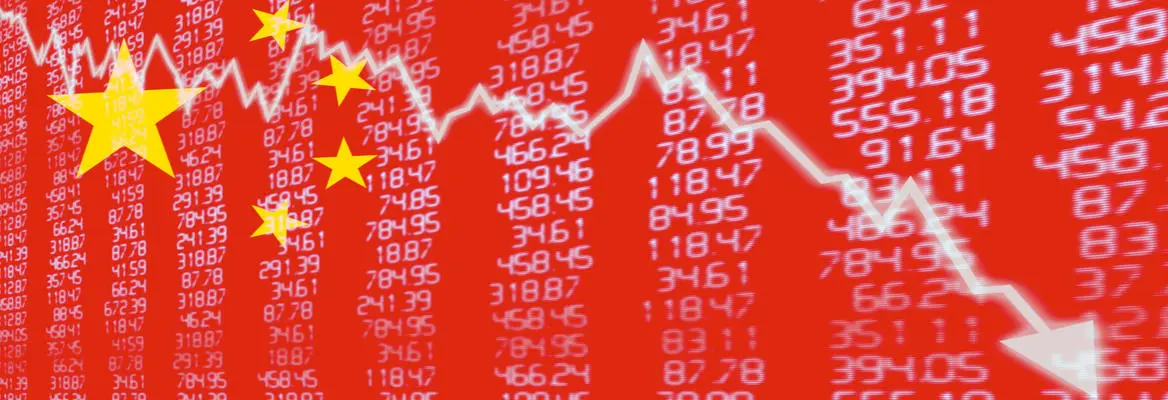China is continuing with its tough zero-COVID policy. But the cracks in the economy and a discontent middle class mean that Xi’s Imperial-like governing style is under challenge, writes Kerry Brown.
China’s zero Covid strategy operates in Chinese domestic politics a bit like Brexit does in the UK. Despite complaints from business networks and broader society about the negative impact on economic growth and citizens’ freedoms, it’s a policy commitment the government is sticking to no matter what.
Of course, no one voted for the draconian lockdowns implemented across China. And, unlike Brexit, the lockdowns are very much in line with expert advice in the country, rather than running against it. The Chinese Centre for Disease Control and Prevention (CCDC), the main governmental body advising the government over crisis response in this area, said in a weekly update last November that without comprehensive restraints on people’s movement and quarantines on anyone testing positive for the virus, the national health system would soon be overwhelmed with cases, and find itself in the same bind as those in the US or Europe did.
That the words of the experts have been taken so much in earnest is striking for a regime that previously hasn’t been shy to dismiss them. The Xi leadership may be confident in the way it speaks to the outside world, but it seems that it has the same profound wariness in the robustness of the country’s public health as everywhere else. Things have not been helped by clinical trials showing the Chinese vaccines – the only ones accepted in China – are not as effective as foreign ones where the length of protection is in question). On top of this, vaccine take-up by the elderly, the most vulnerable group, has been poor. It is easy to see therefore why the central government might be very cautious. What is harder to understand, however, is why the cautiousness has bordered on obsessiveness.
___
The Xi way of governing is increasingly almost imperial in style, with broad, high-level policy announcements made in Beijing, sometimes of almost Delphic succinctness.
___
One scenario is simply about the structures of decision-making in China. This was an issue right from the moment the variant started to appear in late 2019, and local officials in Wuhan stood accused of trying to hush the issue up, delaying reporting to the central authorities till things had already gone on too long. As a result of this, in February 2020 key officials in the city were sacked. But this is unlikely to change the fact that provincial officials are very risk averse under Xi, and that any central direction to manage the pandemic will be interpreted in the purest terms and executed to the letter.
This explains the completeness of the Xian government’s virtual incarceration of its 8 million population after just a few COVID cases at the end of 2021, the first of the more recent lockdowns. It also explains why the traditionally more free-thinking municipal authority of Shanghai and its similarly liberal approach was fiercely knocked back by Beijing last February, to make an example for any other provinces thinking of going their own way. The absolute prohibition on people moving from their homes there, in one of the most dynamic and lively cities of modern China modern, was perfect proof that if the government could bring about this situation there, it could do it anywhere.





















Join the conversation